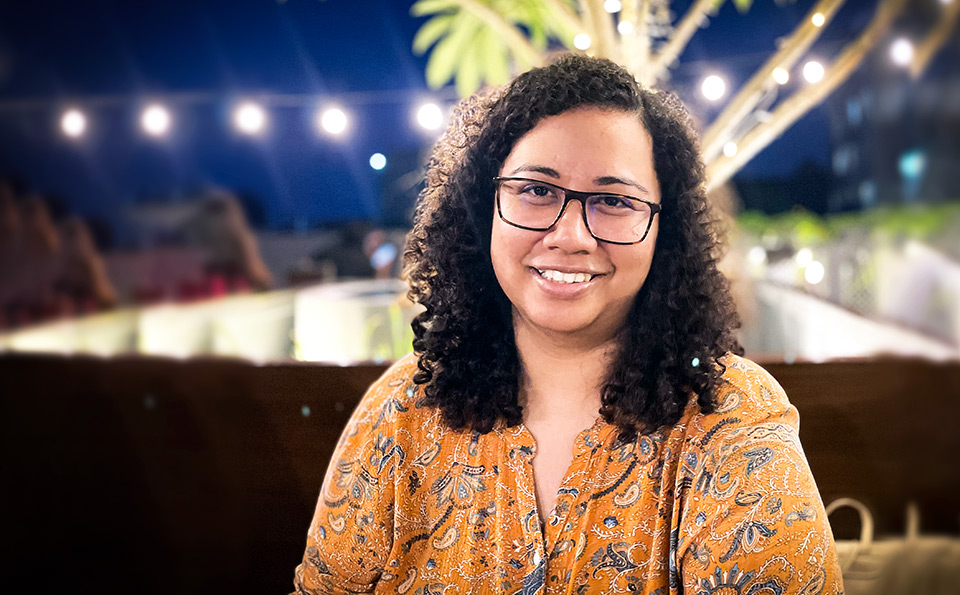I am Generation Equality: Nazia Zebin, Bangladeshi activist for rights of women and empowerment of youths
Billions of people across the world stand on the right side of history every day. They speak up, take a stand, mobilize, and take big and small actions to advance women’s rights. This is Generation Equality.
Date:


Three things you can do to ensure bodily rights and reproductive health rights:
- Be bold in talking about these rights, share experiences and learn from one another
- Identify your biases and get rid of them in a healthy manner
- Engage men in talking positively about women’s rights
I am generation equality because…
I did not follow the path set out for me.
I belong to an upper middle-income family in that has always enjoyed humble dreams and celebrated traditional family values. These values were passed down to me and my siblings in the form of a checklist of what we can and cannot do. Since my teenage years, I was aware of how the checklist restricted my dreams. These conflicts ignited the spark in me to be vocal about women’s rights when I was empowered enough academically and economically.
Women talking about their rights is frowned upon by their families and society at large. I wanted to use my privilege to highlight the struggles that women face in accessing basic rights including bodily rights and sexual and reproductive health. I’m doing that by creating spaces that empower other young people, including women and people with diverse gender identities, to be aware of their rights and to demand that they are respected.
“The ownership of our bodies is assigned to anyone but ourselves.”
From their adolescent years, young women are taught to be ashamed about their body and bodies changes. We are blamed when there is any violation of our bodily rights, including molestation, harassment, and sexual abuse and exploitation. The ownership of our bodies is assigned to anyone but ourselves. Young women must to vocal about their rights and must speak up against narratives that say otherwise.
Be bold
Young people need to be strategically bold. I say strategically because it is important that they make themselves heard by people who can influence social change. They can engage in initiatives by organizations that talk about bodily rights and sexual and reproductive health rights, and also network with influencers and decision-makers. It is also essential that they support other young people who do not yet have that privilege or opportunities.
Rid yourself of biases
Change starts from within. Everyone should understand their own biases against the rights of women and people with diverse gender identities. The next step would be to get rid of them in a healthy manner. This includes reading and discussing these issues with peers, colleagues and family members.
Men should understand that establishing the rights of women and gender-diverse people does not take away their rights. With that understanding, they need to establish themselves as allies. It can start by talking positively about these rights during “locker-room conversations” in schools and offices and initiating these discussions at home.
Patriarchy affects people across all genders and breaking its shackles and securing equal rights for all will benefit everyone.
Nazia Zebin, 31, is a core committee member of SheDecides Bangladesh, part of the global women’s rights movement, and Executive Director of a youth rights-based organization that empowers young people and builds their skills so they can lead in creating a just and equitable society. Zebin is based in Dhaka.